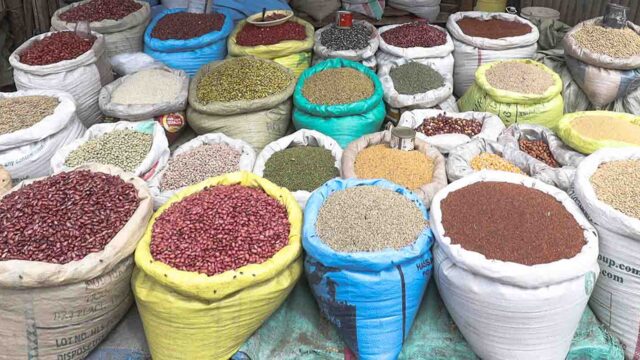Stock up on your cereals and legumes before price hike
Upon its implementation, all cereals and legumes imported into the country will attract a two percent levy introduced by the Agriculture and Food Authority.

Now would be a good time to heavily stock up on your cereals and legumes stash.
This is because Kenya plans to start charging a two percent levy on customs value for the importation of cereals and legumes into Kenya.
Cereals refers to maize, rice, millet, sorghum, and wheat while legumes refer to a variety of beans, lentils (kamande), pigeon peas (mbaazi), cowpeas, and green peas (minji).
The cereals and legumes levy aims to enable Kenyan small-scale farmers to compete against imported produce. However, as a net food importer, it may increase the cost of food in Kenyan households.
The cereals and legumes levy, pursuant to Regulation 37 (1 and 2) of The Crops (Food Crops) Regulations Act of 2019, was to take effect on July 1, 2024, but that was pushed to August 12, 2024.
The levy’s rollout was then frozen for a month by the Agriculture and Food Authority (AFA)to allow further consultations following protests by traders from Uganda and Tanzania on potential barriers to trade, which contradicted the East African Community protocols.
Upon its implementation, all cereals and legumes imported into the country will attract the new levy introduced by AFA. The levy will be paid to AFA agents at the country’s point of entry, and failure to pay will attract a hefty monthly interest of 25 percent on the defaulted amount.
Daily Nation reported that, according to estimates, the levy will see traders pay an extra KES 20,000 for a truck of maize and KES 50,000 for a truck of rice. This is in addition to the numerous charges cereals and legumes importers already pay to the Kenya Revenue Authority (KRA), the Kenya Bureau of Standards (KEBS), and the Kenya Plant Health Inspectorate Service (KEPHIS).
It is expected that these extra costs will ultimately be passed on to Kenyans.
